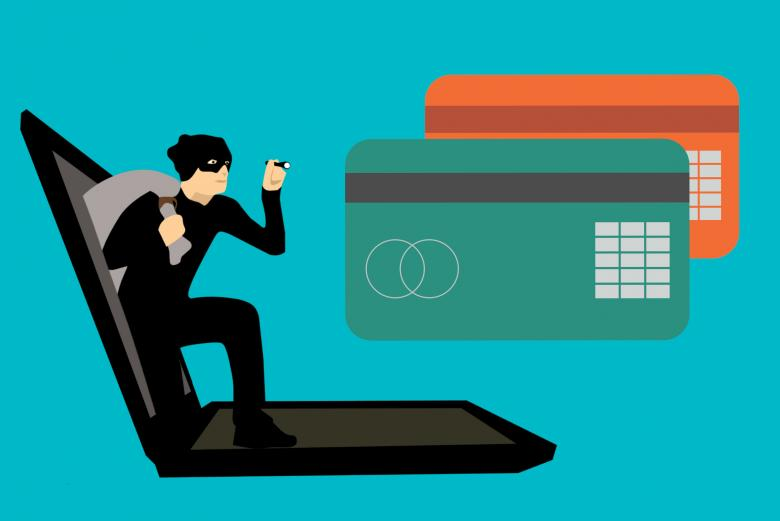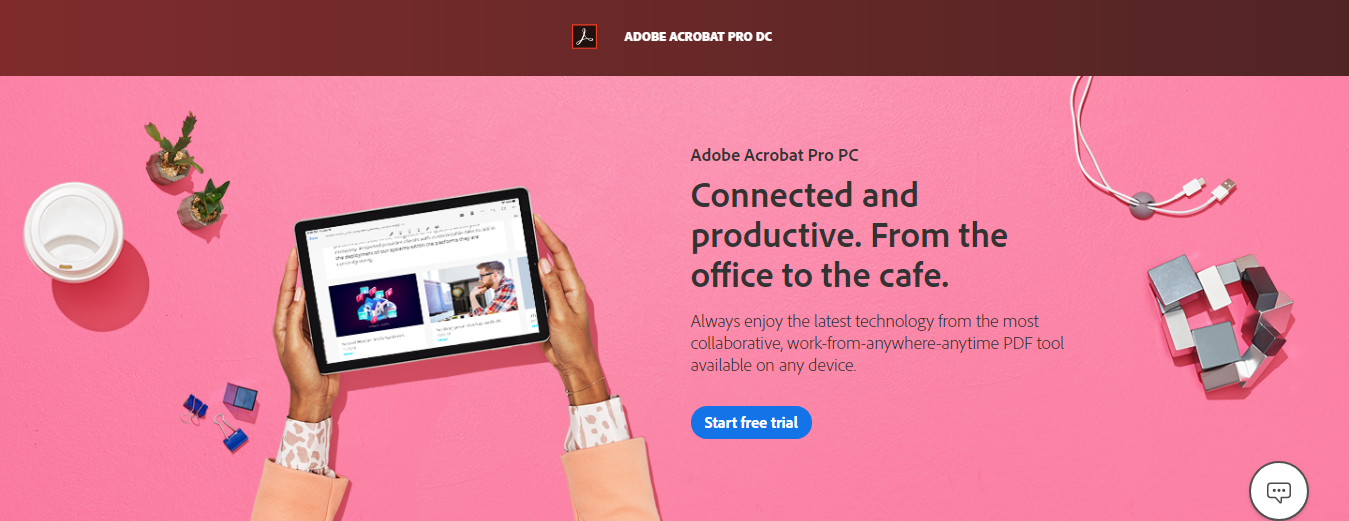So my computer recently got infected with malware, the result was devastating. I was so tense because neither my laptop was working nor I was able to access my data. Each and every program on my laptop was taking hours to launch. Finally, after hours of troubleshooting, I was able to fix it. Immediately I installed a good antivirus which helped me get rid of this terrifying situation.
So, here’s what I learned from this situation and what solution I can offer to you to keep your computer safe.

Install an Antivirus
There are so many antivirus programs available, all ranging in price as the level of security increases. Choosing the best antivirus for you is not an easy task. Sometimes we might need multiple security programs to cover different security aspects. These are the tools I find useful. It is said that there’s no need for antivirus if you don’t use the internet frequently. However, This is not true, as viruses can be transferred through USB drives or smartphones.
It’s crucial to remember that you don’t have to spend a lot of money on these security programs. Even the basic protection is good enough to keep your computer safe and secure.
Keep your software up to date.
Most of the operating systems are updated on a regular basis, this is done to improve their functionality. These upgrades also include security patches that protect your computers from the latest virus threats. You must make sure that automatic updates are turned on so that the updates are downloaded and installed automatically.
Be aware that Windows updates can take a long time, specifically if there are some major changes and safety measures that affect how the system processes certain data.
Backup your computer
When we can’t get a virus or malware off our devices, they can corrupt our data. File corruption caused by malicious programs may require us to reformat our hard drives on occasion. There is no way to retrieve any lost data without a backup. This is even more important because hard drives can accidentally corrupt themselves, causing us to lose our data. A backup that includes the virus and malicious code, on the other hand, will only repeat the problems we’ve had until we don’t back up the malware.
Always use strong passwords everywhere
A password is the first line of defense against anyone attempting to gain unauthorized access to our accounts. Once someone has access to your account, they may steal sensitive data or upload malicious information to cloud storage. Even for your gaming account, you should use a strong password. A strong password is hard to crack, it should not be a personal detail that is available publicly on the internet.
The most easily guessed passwords are your mobile number, your date of birth, etc. When we use the same login credentials for every website or service, we expose ourselves to an attack, even if only one account is hacked.
Watch the downloads
With so much entertainment software available on the internet, it’s hard resisting free stuff. But some of these websites can indeed be misleading. If a download that you didn’t authorize begins, you should terminate it immediately and exit the web page, as it’s probably a virus.
If we use an old browser, such as Internet Explorer, we must set the level of security to at least medium, if not higher, to prevent any harmful code from entering our system. Otherwise, downloads could happen in the background without us being aware of it.
Get an ad-blocker
Pop-up ads on the internet can often lead to dangerous websites that steal personal information and install viruses. Instead of trying to avoid these ads, it’s best to install a trustworthy ad-blocker that prevents us from receiving them all at once. There are numerous free and paid ad-blockers available.
The price difference is usually related to how well it works. Even if we have an active ad-blocker, we should be cautious when browsing the web because many sites will not allow us to enter unless the extension or app is disabled.
Scan for Viruses
Even with all of our ad-blocking and antivirus software, there is always the possibility of downloading a virus or installing malware. As a result, we need to conduct a virus scan at least once a week to avoid the damage caused by such malicious software. This can be done just before we backup to make sure we don’t have any potentially harmful files.
Suspicious Links Should Be Avoided
Of all the emails sent on the internet, 28.5% of these emails are spam. Such emails can contain links that are harmful, particularly if they come from an unknown source. Sending phishing emails with links to malicious websites that can infect our systems or steal our personal information is a typical tactic that is still practiced today. Many possible hazards can be avoided by being cautious about what we click on.
The 21st century is built on computers, they are wonderful machines that many of us use on a daily basis. But they are vulnerable to viruses and malware, which can damage our files and steal personal information including certain banking information and social security numbers.
These were the eight ways to secure your computer from viruses if you’re looking for an extra layer of protection. It’s not difficult to keep a computer virus-free. We’ll be safe as long as we’re attentive while browsing and aware of the indications of a potential virus or malware. Antivirus software, on the other hand, is a good idea to have on hand in case of an emergency.





Comments